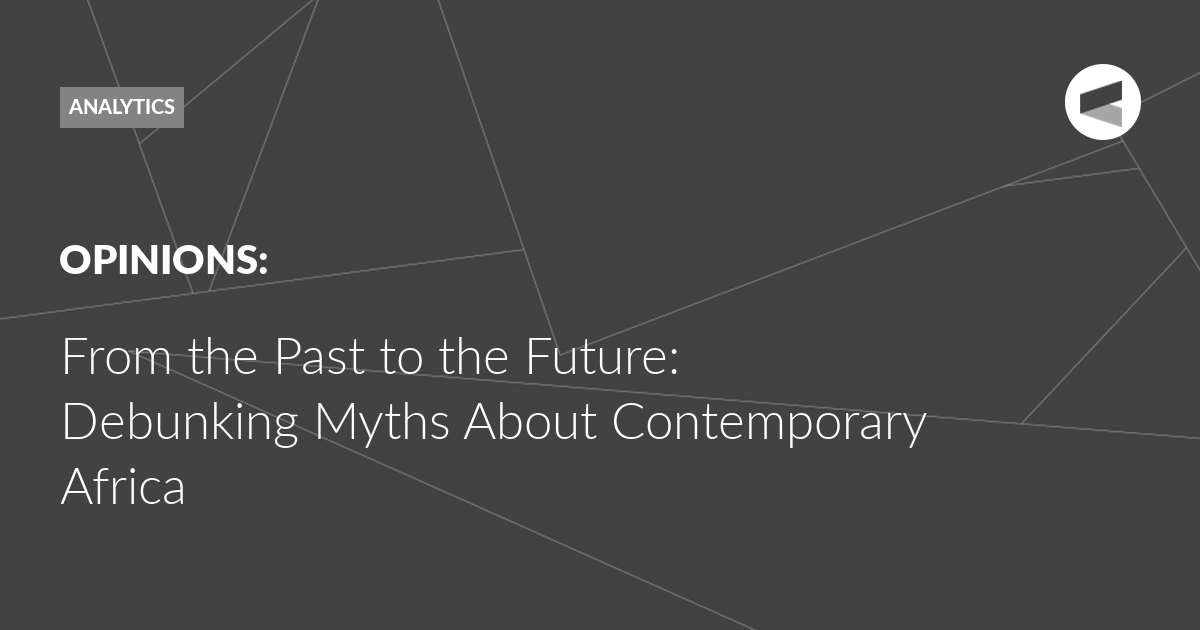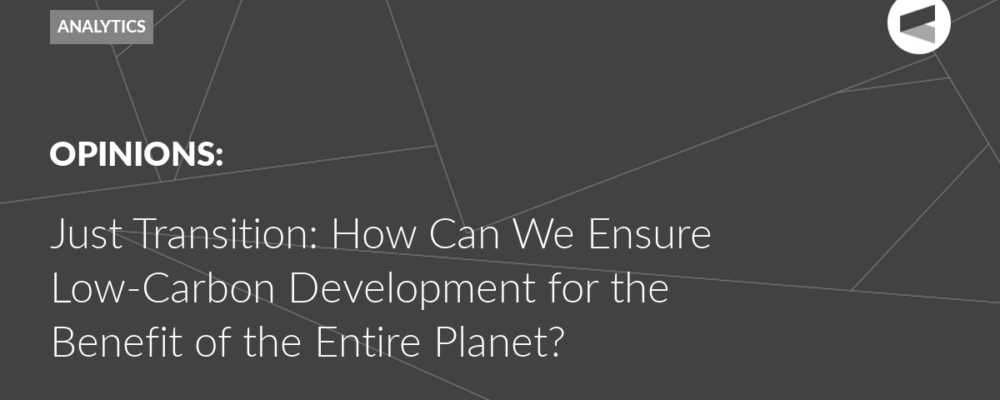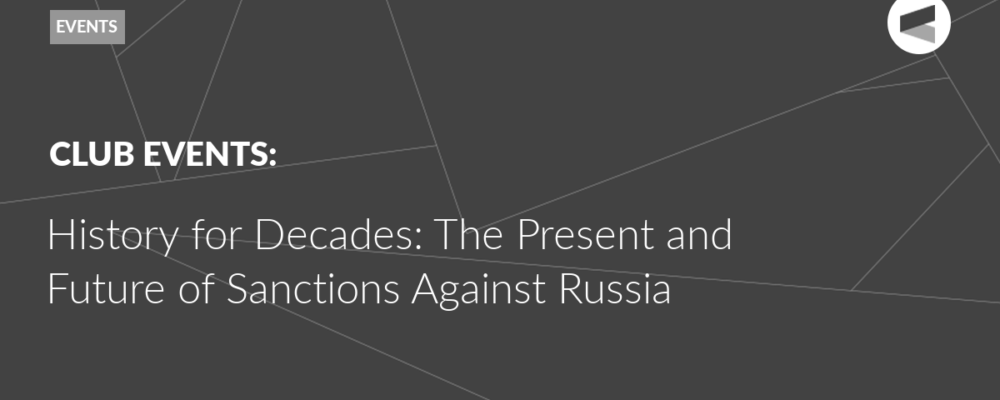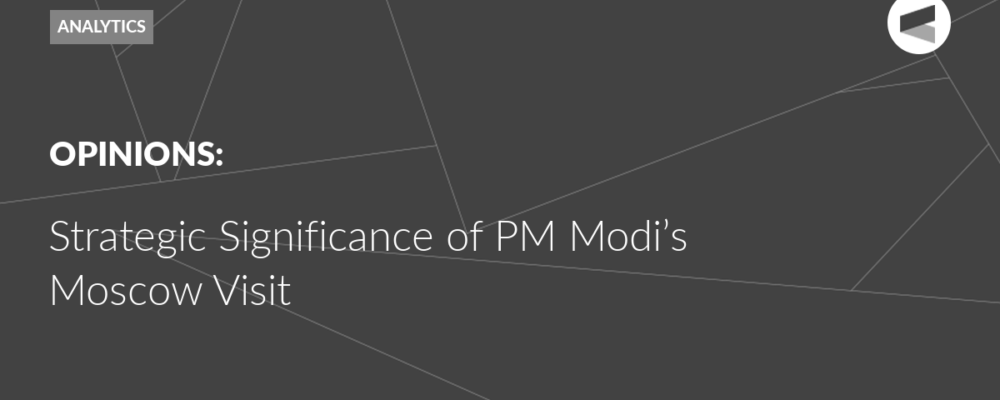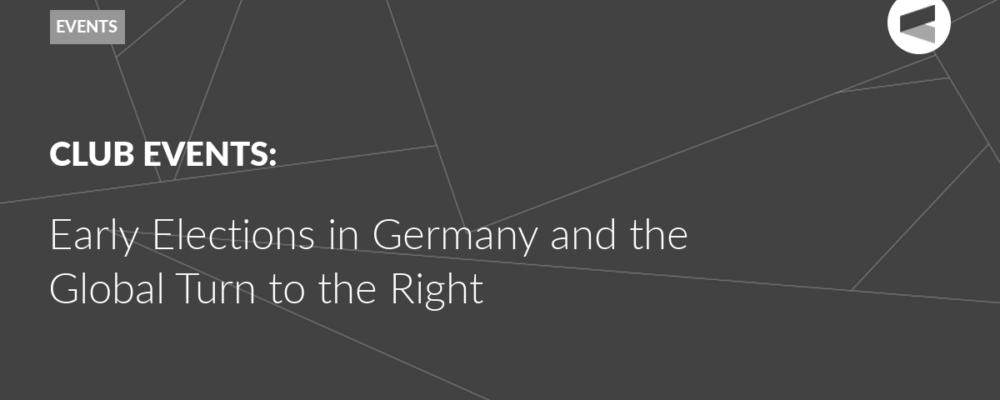The past cannot be changed, however, we can learn from it. Africa’s expectation, in particular of its rising younger generation, is to be treated with respect and fairness. Africa is embracing diversity while re-anchoring to its roots, writes Ibrahima Diagne in the second part of his reflections on Africa’s role in the emerging multipolar world (the part one is available here).
Do not look where you fell, but where you slipped.
African proverb
When it comes to Africa’s current contribution, the first thing that comes to most people’s minds is the continent’s mineral wealth. Another general perception is of Africa’s generous potential for arable land.
Very little positive is said about its people, instead a litany of criticisms is repeated like a broken record: Africans are corrupt, Africans have no sense of statehood, tribalism, emigration, Africans have too many children, are intellectually retarded, have no sense of responsibility, etc.
These allegations that have been circulating for 60 years are being used as a justification by Western officials and military leaders to float the idea of deploying a large military presence in Africa in order to save Africans from the incompetence of their leaders and to protect European borders from the “savage” emigration of Africa and the barbarity of terrorist groups… again… from the African continent.
Four hundred years ago, it was considered “religiously ethical” by Western European countries to kill, capture, deport and sell children, women and men from Africa because they were believed to not have souls and were therefore considered nothing more than commodities to be traded. Two centuries later, Africans were elevated to the status of “savages” who need to be “enlightened” by European civilisation. Therefore, they justified the seizure of the resources of African lands and control its people.
Before we delve into Africa’s contribution to the emerging multipolar world, let’s debunk some myths about contemporary Africa.
While the continent is still plagued by poverty, Africa is a continent of resilience. From a historical perspective, the pace of social progress in Africa has been unprecedented.
Why then poverty, violence, corruption?
Because the starting point was abysmally low. For example, the Democratic Republic of Congo emerged after a century of “Enlightenment” by a colonial Belgium that butchered millions of Congolese in the name of profit. Independence gave them a country with extremely challenging borders established by the colonial powers, where an artificially unified array of ethnic groups spoke 242 local languages.
Creating a common sense of national belonging has therefore been extremely difficult. It took several centuries for Europe to achieve more or less stable states, even if throughout the 21st century, the borders of European countries continue to change.
The above section is not meant to excuse the elite embezzlement and incompetence of leadership that has taken place and continues to take place on the African continent, however, to grow strong, a child has to go through illnesses.
In Africa, the process of nation re-building has been underway for decades; the process is still imperfect, but progress is moving in the right direction with increasing achievements despite Africa being deliberately portrayed as a continent of violence, “tribal” intolerance, irresponsible fertility and total corruption by the Western mass media.
What does Africa have to offer to the nascent multipolar world? – Philosophical concepts and societal implementations based on a balance approach between communities, individuals and environments
Knowledge without wisdom is like water in the sand
African proverb
For those who are willing to listen and question themselves, Africa has considerable wealth to share and a great deal of experience proven by millennia to offer to contemporary humanity. This includes philosophical concepts, cultural approaches, systemic knowledge, and societal arbitration schemes.
Africa’s main philosophical concepts are based on an approach which seeks to balance the community, the environment and the individual. Traditionally, the environment is perceived as living. The spirits of lakes, seas and forests require attentive spiritual and physical interaction; there is an obligation among the owners of names and tribal groups to protect totems (animals, trees, insects).
These philosophical concepts emphasise social interaction, the sharing of wealth, collective security and the sanctity of life in all its forms. Fundamental African beliefs essentially deny the principles of mindless accumulation, deadly greed, and the extreme exploitation of people and nature that characterise current Western principles of existence.
Furthermore, they replace the dictatorship of the majority defined as “democracy” (where 50% + 1 votes will impose their will on the other half) with the search for a consensus.
The “palaver tree” disdained by the colonial powers in fact provides a social mechanism for ensuring that the minority disagreeing on a subject will not oppose a process to be launched while the majority will assure the minority that their views are taken into account. The overall objective of the “palaver tree” approach is to ensure that there are no winners or losers and thus to allow for a smoother transition between decisions.
Africa has the most cultural diversity in the world and is second only to Asia in terms of languages, with 30% of the linguistic pool (4% for Europe). Harmonious “living together” is a pillar of the structuring of West African societies. Active tolerance is built through “joking relationships” between ethnic groups, facilitated by the fact that the vast majority of Africans speak at least 2 languages and very often three to four languages.
“Joking kinship” is a relationship between two ethnic groups or name holders in which members of one group are customarily permitted, and in some cases obligated, to tease or mock the other and, the other for his part, not having to be offended, thus allowing in the event of tension to defuse situations which would otherwise have degenerated.
In Senegal, “peace” is a social priority: “everything is possible only in peace” and “man is man’s remedy” are Senegalese proverbs which contrast starkly with the Western European mantras “divide and rule” and “man for man is a wolf.”
This set of principles has helped several African countries at critical moments in their existence, for example during the reconciliation processes in Rwanda after the genocide or in South Africa after apartheid.
The same underlying values have allowed the OMVS (Organisation for the Development of the Senegal River) to develop a unique model for sharing water resources along the Senegal River based on needs and not on financial contribution.
These principles could serve as a basis for alternative economic models that would allow the world majority to have a certain level of wealth compatible with the preservation of the environment.
These models constitute striking alternatives to the Western model based on the “the denying of life to be born”, mainly in the global majority, to allow the golden billion to maintain their privileges and their way of life, even if they are principally responsible for the environmental catastrophe and economic inequalities throughout the world.
Thousands of years of medical experience based on an effective pharmacopoeia and non-invasive methods with potentially disruptive knowledge
Health is wealth!
African proverb
After the Dark Ages, Western European societies saw a mutation of their scientific methodology; they moved away from holistic approaches towards the fragmentation of subjects, facts and technology-based procedures.
This methodology, which was applied to various sectors of Western Europe’s society and economy, has had tangible success, particularly in the field of military and naval logistics. It allowed Western Europe to militarily surpass the traditional economic powers (China, the Ottoman Empire, etc.) in a few centuries and consequently impose its worldview and cultural principles on the rest of the world.
In the health sector, rapid and significant progress (vaccination, better access to sanitation) ensured the rapid growth of the Western European population as well as an improvement in the quality of health.
However, in the 21st century, Western European-inspired health care has reached two major limits. One is of a fundamental nature – the Whole is not always the sum of all the parts; the second is societal in nature –healthcare has been monetised, and is therefore motivated essentially by profit rather than health priorities.
The COVID-19 crisis is a perfect illustration of this ethical aberration. The Western population has been vaccinated with improperly tested and, in some cases, unsafe vaccines, not once, not twice, but in some cases up to four times.
The approvals were obtained through effective “lobbying”, under the guise of a social emergency (if this had happened in Africa, it would have been assessed as “corruption” and bribery).
In the name of profit, the populations in the Global South were left to die (too poor to be sold the “right” vaccines), non-Western vaccines were prevented from being marketed, alternative treatment methods were discredited, and intellectual property rights were not temporarily suspended (probably because the value of the lives of billions of people in the Global Majority did not outweigh the financial considerations of intellectual property rights).
In light of these limitations, it has become crucial to re-evaluate the healthcare model in the global majority and explore alternative indigenous medical systems as an effective healthcare solution.
African pharmaceuticals have been saving African lives for millennia and treating the sick around the world since the 19th century.
Since the arrival of the first missionaries, then of the so-called ethnoanthropological studies intended to “save souls and enlighten Africans”, colonisers and the contemporary Western pharmaceutical industry have collected knowledge and samples from local populations in order to synthesize equivalent pharmaceutical molecules.
Western scientific studies rarely indicate the African origin of this knowledge and intellectual property rights systematically exclude the African contribution to the discoveries.
As a result, we have come to believe that African medicine is at best a collection of grandmother’s recipes and dubious beliefs.
African pharmaceuticals, however, are still rich in active compounds for treating viral infections such as HIV, hepatitis, Ebola and COVID, to name a few, and a wide spectrum of treatment protocols for bacteria, parasites and fungi that have been ignored or withheld to protect high-margin therapies or because the market was not considered lucrative enough.
In combination with safety protocols and the production capacity developed in the advanced economies of the global majority, effective medical compounds can be produced at a reasonable cost to the benefit of all parties.
In addition to pharmaceuticals, Africa’s holistic approach to health and non-invasive methodology have the potential to significantly improve the quality of medical treatment. For example, mental health disorders are mostly “treated” chemically with often debilitating side effects in contemporary Western medicine, while in Senegal, patients who would otherwise be offered chemical substances are treated using…. chants (therapeutic trances).
In the same way that the effect of Chinese acupuncture is observed but not explained by Western medicine, Senegalese therapeutic trance has been proven effective.
Revisiting the medical concepts of so-called “indigenous” societies around the world in combination with statistics will allow the discovery of new medical concepts and effective methodology for the benefit of humanity
Africa’s expectation
The sun does not forget a village just because it is small.
African proverb
The past is the past; it cannot be changed. However; we can learn from it. Africa’s expectation, in particular of its rising younger generation, is to be treated with respect and fairness. Africa does not need handouts or lessons.
Africa has been, and is, moving forward while making mistakes along the way, but it is progressing steadily. “A child learns through mistakes; a child grows stronger through illness.”
Africa is embracing diversity while re-anchoring to its roots. Africa is open to those who are willing to respect its values and to cooperate sincerely.
Africa has been taken for granted for so long – that paradigm has changed.
“If you think you’re too small to make a difference, try spending the night with a mosquito.”
African proverb
The Valdai Discussion Club was established in 2004. It is named after Lake Valdai, which is located close to Veliky Novgorod, where the Club’s first meeting took place.
Please visit the firm link to site


